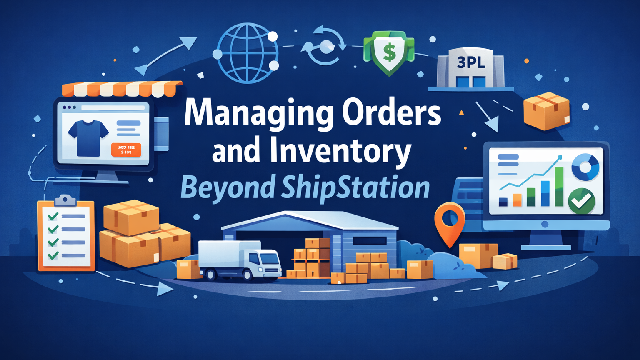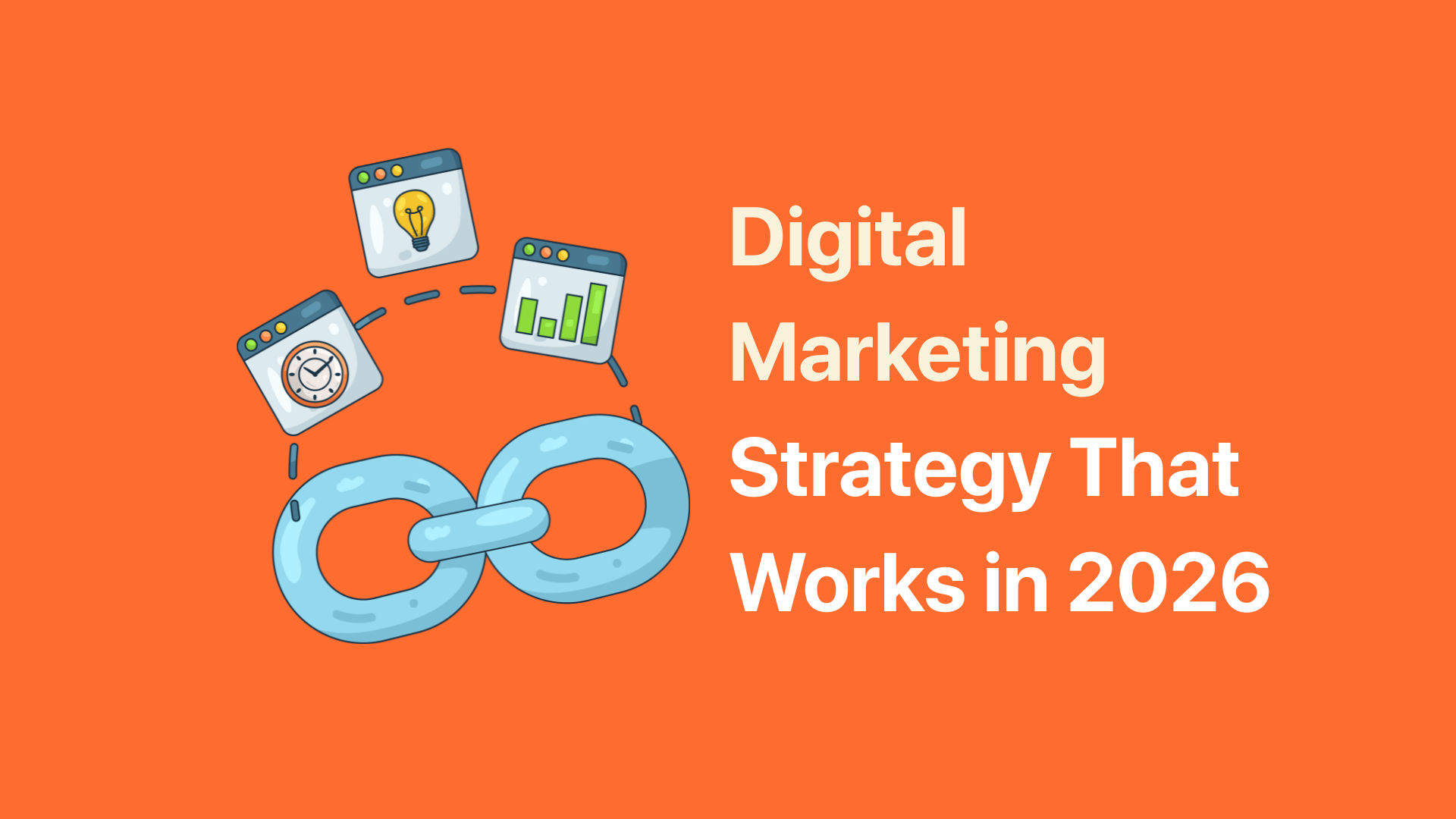Maximising Growth by Combining PPC and SEO
Combining Pay-Per-Click (PPC) advertising with Search Engine Optimization (SEO) creates a powerful strategy for achieving both immediate and long-term results. This dynamic approach ensures quick visibility while building sustained organic growth, offering businesses a competitive edge in today’s fast-paced digital landscape and driving remarkable marketing success.
In today’s competitive environment, law firms must navigate a challenging digital landscape to gain visibility. As more clients turn to online searches to find legal representation, effective marketing services are crucial. Instead of relying on a single strategy, combining law firm PPC and SEO offers a more comprehensive and effective approach to achieving results.
Consider a business aiming for rapid visibility. By leveraging PPC, the company can attract immediate leads while allowing SEO strategies to establish a strong, long-term foundation of organic traffic. This combined approach offers dual growth, as PPC drives immediate engagement, and SEO builds sustained visibility and authority. In this article, we’ll outline a blueprint that integrates these strategies, utilizing both short-term and long-term gains to help businesses thrive.
Understanding PPC and SEO for Law Firms: Key Definitions and Benefits
To understand why combining law firm PPC and personal injury lawyer SEO, and effective marketing tips to grow your law practice can be powerful, it’s essential to first examine each strategy individually. PPC (pay-per-click) enables firms to display ads on search engines and various platforms, with charges incurred each time a user clicks on the ad.
Pay-Per-Click (PPC) advertising is particularly useful for generating immediate leads, as ads can be displayed to a targeted audience at specific times and locations. For example, a family law firm ran a PPC campaign targeting newly divorced individuals, generating considerable engagement within just a few days.
On the other hand, SEO (search engine optimization) involves optimizing a website to improve its ranking in organic search results. Effective SEO takes time but can establish a firm’s online credibility and drive sustained traffic.
For instance, a personal injury firm that invests in SEO to rank for terms like “serious car accident lawyer” in their city may see a steady stream of clients seeking their services organically. In essence, PPC provides immediate visibility, while SEO establishes long-term authority, making both crucial elements of successful attorney marketing services.
Leveraging Law Firm PPC for Immediate Impact
PPC offers the immediacy that SEO cannot, enabling businesses to attract potential clients while SEO builds momentum. For instance, PPC campaigns targeting keywords like “emergency services” can draw clients who need urgent assistance. PPC can be highly customized, allowing businesses to target specific demographics or geographical areas. For example, a service provider could set ads to appear only within certain zip codes, maximizing relevance and reducing wasteful clicks.
Furthermore, the various types of PPC ads serve different goals. Search ads directly reach potential clients, while display ads enhance brand awareness by appearing on websites and apps. However, without proper management, PPC can become expensive.
An example of ineffective PPC execution involved a business running generic ads without specific targeting, leading to a high cost per click and low conversion rate. In contrast, a company that used precise targeting saw an increase in consultations and a lower cost per acquisition. Success in PPC depends on effective keyword research, targeting, and budget management to ensure optimal returns.
The synergy of PPC and SEO: Building an Integrated Strategy
PPC and SEO work together to provide law companies with outstanding results, supporting each other. SEO content planning can be informed by real-time data on high-performing keywords from PPC campaigns.
For instance, a law company targeting 'workers' compensation attorney' with a successful law firm PPC campaign might use this data to optimize their website's organic content with relevant keywords, gradually improving their search engine rankings. Conversely, high-converting keywords can be turned into ads for an even greater reach, allowing PPC to benefit from well-ranking SEO sites.
This integration helps create a seamless client experience. A prospective client may first encounter a business through a PPC ad and later find the same company organically in search results, reinforcing credibility.
In contrast, a business that runs PPC ads and SEO content with mismatched tone and branding can confuse potential clients and diminish trust. When executed cohesively, the synergy between PPC and SEO enhances a company's digital presence, delivering a consistent and compelling marketing message across platforms.
Advanced Techniques: Optimizing for Conversions and Tracking Performance
To maximize results, advanced tracking and optimization techniques are essential. For businesses utilizing both PPC and SEO, tools like Google Analytics and conversion tracking help monitor performance in detail. Conversion tracking, specifically, allows companies to identify the most effective keywords, ads, or pages, enabling ongoing optimization and improvement.
Below are the details that outlines key elements in optimizing for conversions and tracking:
a. Landing Page Optimization: Customizing landing pages to match targeted keywords and enhance user experience, leading to better conversion rates.
b. Call to Action (CTA) Testing: Using A/B testing on CTAs to find the most effective phrasing and placement.
c. User Behavior Analysis: Leveraging heatmaps and session recordings to understand and improve the user journey.
d. Keyword Adjustment: Refining keywords based on conversion insights to prioritize high-engagement terms for improved performance.
e. Engagement Metrics Tracking: Tracking metrics like time on page and bounce rate to measure content relevance and adjust as needed.
By implementing these advanced techniques, businesses can enhance their efficiency and generate more qualified leads through marketing services. Optimizing for conversions goes beyond just attracting traffic; it requires a strategic approach to engage and retain potential clients at every stage of the process.
Conclusion
In the competitive world of legal services, combining PPC and SEO offers a potent strategy that guarantees both immediate visibility and long-term growth. By utilizing PPC for instant lead generation and SEO for lasting organic traffic, personal injury lawyer can strengthen their digital presence, enhancing reach and credibility. With the help of advanced tools like strategic budget management, tracking, and AI-driven automation, firms can optimize their marketing efforts and connect with clients more efficiently.
The success stories—and even the challenges faced by some firms—emphasize the value of a thoughtfully integrated marketing strategy. Through continual refinement and a balance of PPC and SEO, law firms can distinguish themselves in a crowded market. Ultimately, the synergy between PPC and SEO helps personal injury lawyers build trust, attract clients, and achieve sustainable growth in the ever-changing digital landscape.










